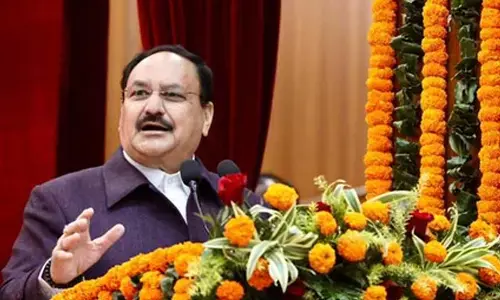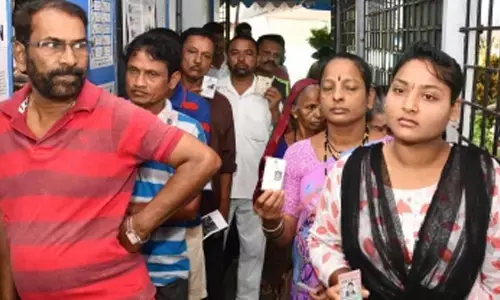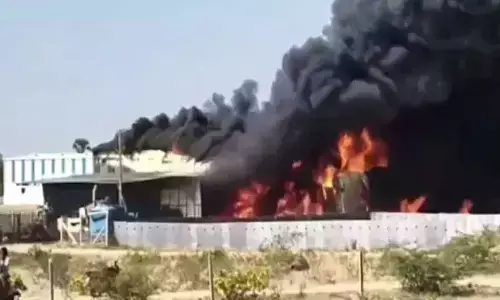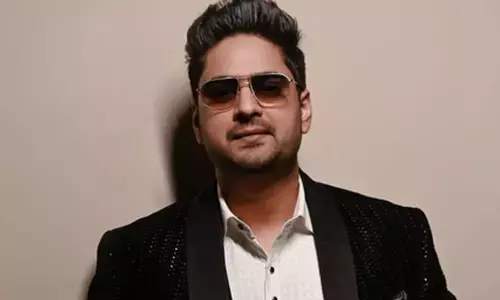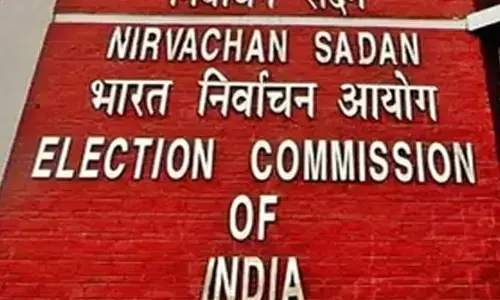Syria peace talks falter
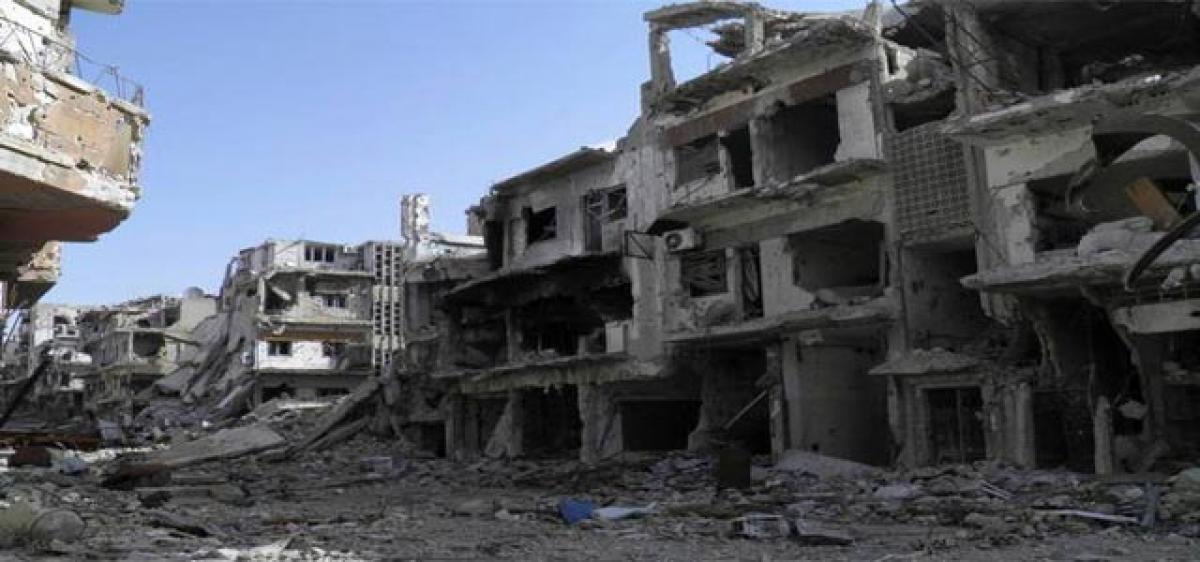
With its show of military force, Russia changed the tide of the Syrian civil war. It is finding the next phase – brokering an end to the fighting – a tougher proposition.
Astana : With its show of military force, Russia changed the tide of the Syrian civil war. It is finding the next phase – brokering an end to the fighting – a tougher proposition. A round of Syria peace talks sponsored by Russia ended on Thursday with no joint communique, usually the minimum outcome of any diplomatic negotiation, and saw opposing Syrian groups exchanging angry tirades at each other and the brokers.
With no concrete progress to report, media representatives at the talks venue in ex-Soviet Kazakhstan, were so hungry for a scrap of news that at one point a crowd formed around an Arabic speaker who they thought was a participant in the talks. He turned out to be another journalist.
Western diplomats, who say Russian President Vladimir Putin's campaign of air strikes has worsened the conflict, have, in private, reacted to Russia's tribulations as a peacemaker with variations on the phrase: "We told you so." Russia proposed a series of negotiations in the Kazakh capital Astana late last year with the expectation that, as the predominant outside power in Syria following its military intervention, it could break a deadlock that had defied the repeated efforts of the big Western powers and UN mediators.
Moscow's peace drive started hopefully, with the first Astana meeting in January. The Syrian rebels and government came together for the first time in 9 months, and agreement was reached to consolidate a shaky ceasefire. But by the second round this week, things had gone downhill. The Syrian rebels debated until the eleventh hour about whether to attend at all, finally sending a smaller delegation which arrived in the Kazakh capital a day late.
Russia's efforts were hampered by the deep enmity between the rival Syrian sides, but also by contradictions among its co-sponsors. One of them, Turkey, is fiercely opposed to Syrian President Bashar al-Assad. Russia and the third co-sponsor, Iran, are Assad's staunchest allies.
Syrian government negotiator Bashar Jaafari said that peace talks in Astana had not produced a communique because of the "irresponsible" late arrival of rebel participants and their Turkish backers which delayed the joint session by a day. He also criticized the rebels and Turkey for downgrading their delegations from the previous meeting. "Turkey cannot ignite the fire and at the same time act as a firefighter," he told a briefing after the talks.
The rebels, in turn, accused the Syrian government and Iran of routinely violating the ceasefire and Russia of failing to enforce it. Moscow has offered the Syrians a draft of a new constitution, Russian negotiator Alexander Lavrentiev told reporters. He also said the joint Russia-Turkey-Iran ceasefire monitoring task force agreed upon in Astana in January could in the future expand its activities to include a political settlement of the crisis.
United Nations special envoy on Syria Staffan de Mistura attended the first round of talks where he stressed that Syria's political transition must be discussed in Geneva rather than in Astana. He did not attend the second round, travelling to Moscow instead for talks with Russian Foreign Minister Sergei Lavrov.
By Olzhas Auyezov



